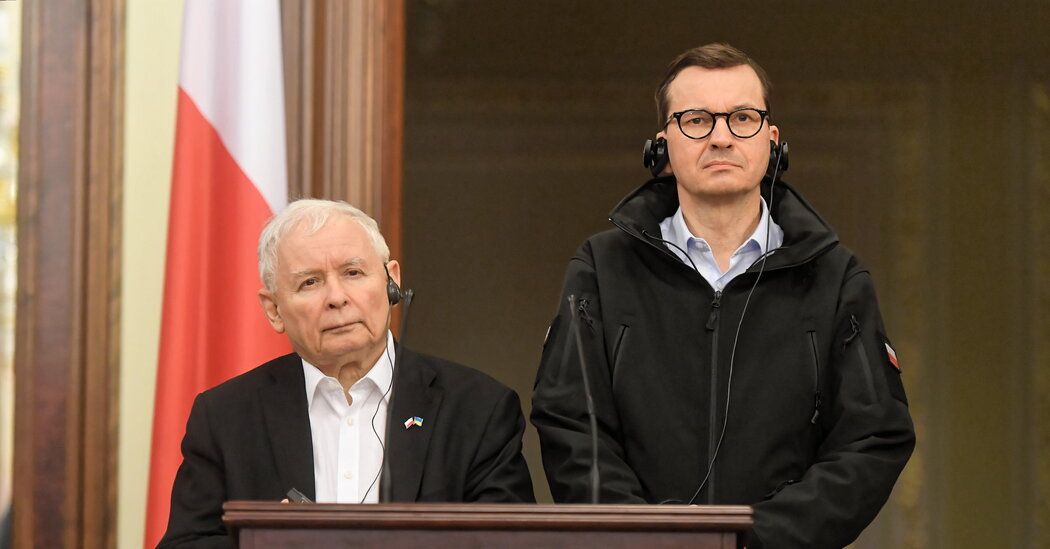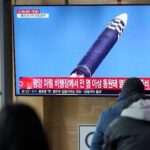
Polish foreign policy, preoccupied until the war in Ukraine with efforts to form a bloc of like-minded conservative and often pro-Kremlin European populists who share its hostility to Brussels, is now working to cement a new bloc of European countries pushing for tougher sanctions against Russia, including the Baltic states and the Czech Republic.
At a meeting of European foreign ministers this week in Brussels, Poland joined Lithuania and other countries on Europe’s eastern fringe that have a long and painful experience of Russian aggression in lobbying hard for a ban on oil imports from Russia. The effort failed in face of strong opposition from Germany, the Netherlands and others, but it put Warsaw at the center of an emerging bloc of nations determined to punish Mr. Putin for invading Ukraine.
It has also sundered Poland’s close partnership with Hungary, which opposes further sanctions and whose proudly illiberal prime minister, Viktor Orban, shares the Polish governing party’s view on Brussels but has a long record of cozying up to the Kremlin.
Sophie Pornschlegel, a senior policy analyst at the Brussels-based European Policy Center, said the Polish government was using the crisis for its own benefit. Despite Poland making no real changes to policies that put it on a collision course with Brussels, she said, the European Commission, the bloc’s executive arm, is likely to be “rather lenient due to Poland’s position welcoming so many refugees.”
Poland’s shift, and particularly its welcoming of refugees, has been greeted warmly by many in the European Union.
In early March, Mr. Michel, the president of the European Council, a powerful body that ultimately decides the bloc’s direction but that has frequently struggled to find unity because of Poland and Hungary, visited Rzeszow, a Polish city near the border with Ukraine, along with the Polish prime minister.
“I would like to commend you, dear Prime Minister Mateusz, your team, and the Polish people,” Mr. Michel gushed.




